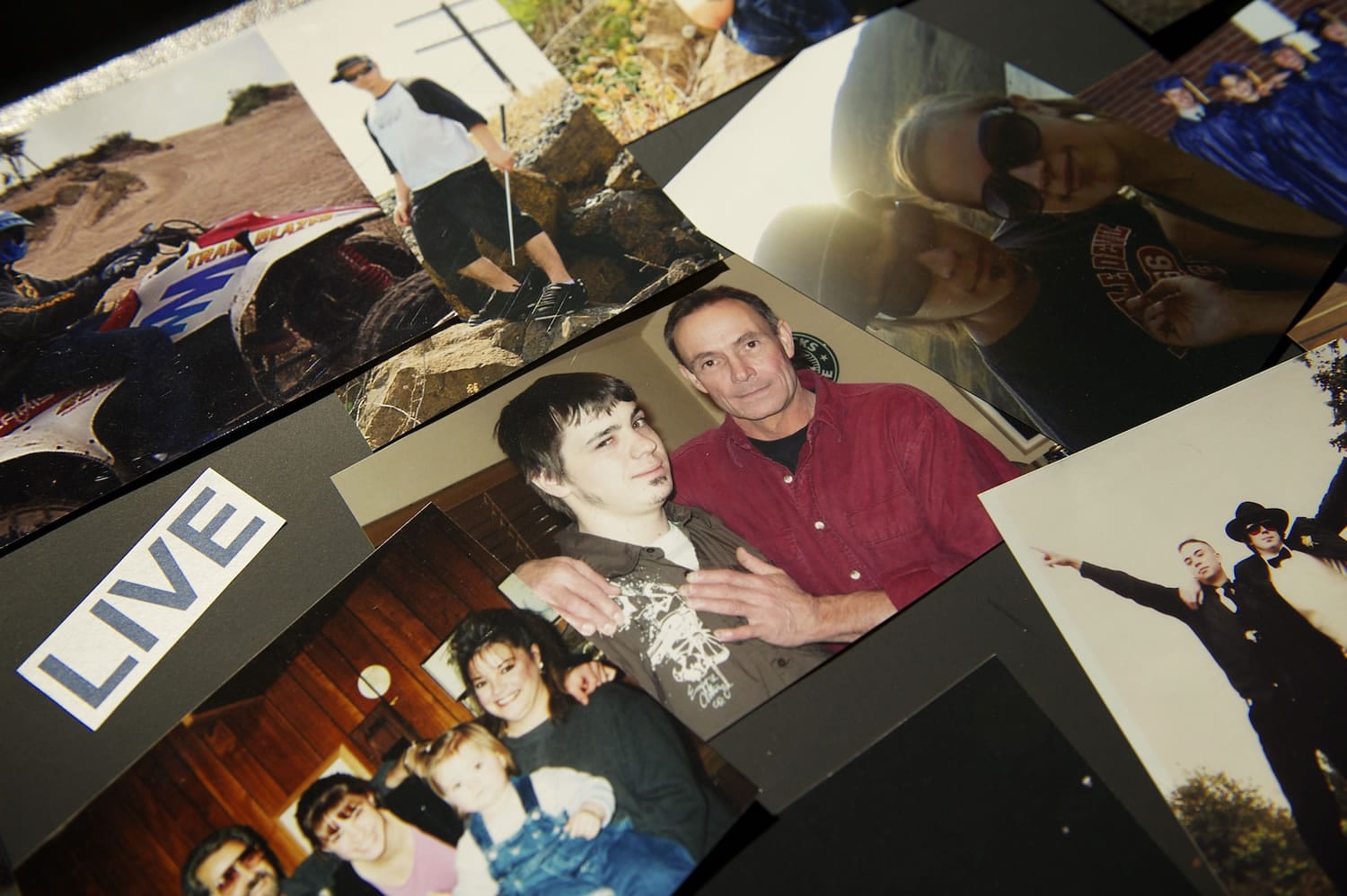Five years ago, Clark County Superior Court’s drug court always had the same type of user: Middle-age, lower-income meth addicts, said therapeutic courts coordinator Brad Finegood.
Now, the population that comprise the therapeutic court is becoming younger — those like Adam Hurd — and come from all economic backgrounds.
“Heroin involves every cross-section of the public,” defense attorney Barry Brandenburg said.
“We’ve seen working-class moms all the way to kids,” echoed Finegood.
The issue with treating heroin addicts, as opposed to meth, is that physical withdrawals tend to be more severe. With heroin, flu-like symptoms, such as vomiting and diarrhea, cause a number of people to quickly relapse, Finegood said.
“It seems harder to kick initially,” Finegood said.
That poses an added struggle for the drug court and treatment providers who work to ensure offenders don’t relapse. Treatment specialists, in some cases, rely on methadone or Suboxone to wean users off heroin. Both drugs are analgesics that satisfy a person’s opiate dependency without providing the euphoric state of heroin.



